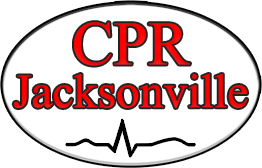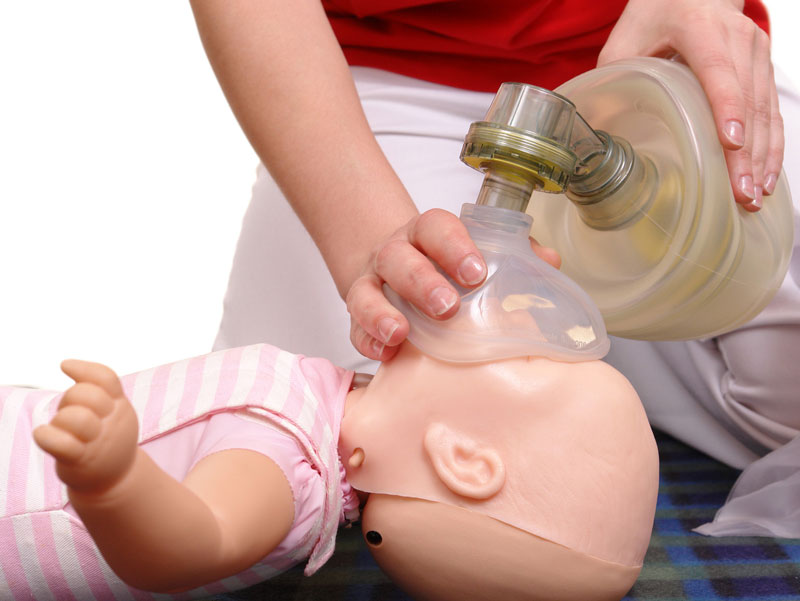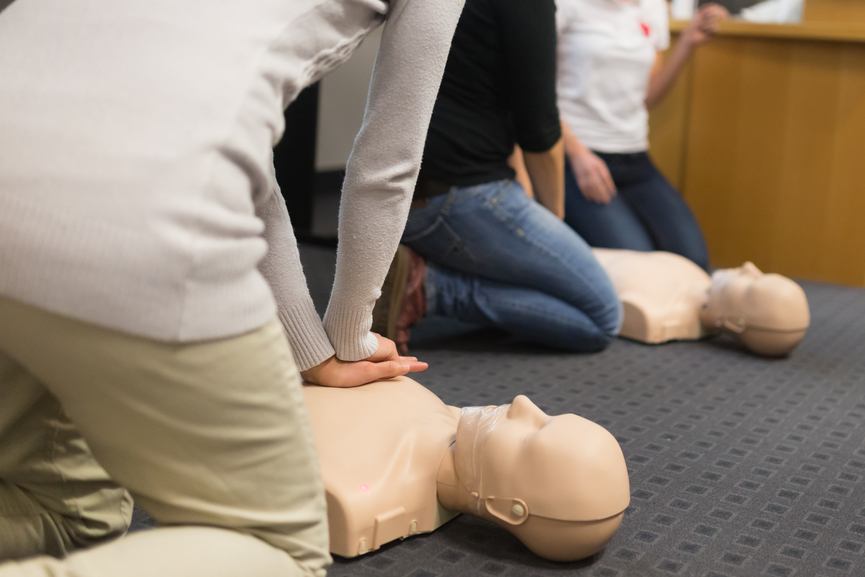Emergencies involving infants demand swift and precise action, where every second can make the difference between life and death. In such critical moments, knowing how to perform infant CPR can save lives. As awareness grows about the unique physiological needs of infants, so does the importance of specialized CPR training tailored to these vulnerable patients. Infant CPR training is not just essential for healthcare professionals but also for parents, caregivers, and anyone responsible for the well-being of young children. This article explores the critical role of infant CPR training in healthcare, focusing on skill development, improved patient outcomes, and its far-reaching impact on community safety.
Understanding Infant CPR
Infant CPR is a specialized form of cardiopulmonary resuscitation designed for children under one-year-old. Unlike adult or child CPR, infant CPR requires unique techniques due to the delicate anatomy and physiology of infants. For instance, rescuers must use two fingers instead of a full hand for chest compressions and perform gentler, shorter breaths during rescue breathing. These distinctions ensure the effectiveness of resuscitation efforts while minimizing the risk of injury to the infant.
The importance of infant CPR cannot be overstated. Infants are particularly vulnerable to emergencies such as choking, respiratory failure, and sudden cardiac arrest. According to studies, immediate CPR can significantly improve survival rates in these situations, often doubling or tripling the chances of a positive outcome. For parents and healthcare providers, knowing how to act promptly in such scenarios can be a life-saving skill.
Benefits of Infant CPR Training in Healthcare
One of the most significant advantages of infant CPR training is the confidence it instills in healthcare providers. Handling emergencies involving infants can be incredibly stressful, even for seasoned professionals. Hands-on practice in a controlled environment prepares providers to respond swiftly and calmly when real-life situations arise. By mastering these techniques, they can reduce stress and focus on delivering high-quality care during emergencies.
Proper training also leads to better patient outcomes. Timely and effective CPR dramatically increases the chances of survival and recovery in infants. Numerous success stories highlight how well-trained healthcare providers and caregivers have saved lives through prompt action. For example, cases of infants revived after choking incidents or respiratory failure underline the life-saving potential of CPR skills.
Benefits of Infant CPR Training in Healthcare
Infant CPR training isn’t limited to healthcare providers; it also empowers non-healthcare professionals, including parents, daycare workers, and babysitters. For caregivers, the ability to recognize and respond to emergencies is invaluable. By equipping themselves with CPR knowledge, they not only ensure the safety of the children under their care but also gain peace of mind.
Training with CPR Jacksonville FL
CPR Jacksonville FL, an American Heart Association-certified training center, plays a pivotal role in equipping individuals with life-saving skills. Located in Jacksonville, this trusted institution offers a range of courses, including Basic Life Support (BLS) for Healthcare Providers, Advanced Cardiovascular Life Support (ACLS), Pediatric Advanced Life Support (PALS), CPR, and First Aid. Their training programs cater to both initial certifications and renewals, ensuring accessibility for everyone, from first-timers to experienced professionals.
Features of Their Training Programs
One standout feature of CPR Jacksonville FL’s programs is their hands-on and stress-free approach. Recognized as a leading CPR provider in the area, their classes emphasize practical learning, enabling participants to gain confidence in applying their skills. This method ensures that students leave the training not only certified but also fully prepared to handle emergencies effectively.
Barriers to Widespread Infant CPR Training
Despite its importance, infant CPR training faces several barriers. One of the most significant challenges is a lack of awareness. Many people mistakenly believe that CPR is only necessary for healthcare professionals or fail to recognize the risks infants face in everyday situations. Additionally, geographic and financial constraints can make it difficult for some individuals to access training programs, particularly in underserved areas.
Psychological Hesitations
Psychological hesitations also play a role in limiting participation. People often fear performing CPR incorrectly, especially on fragile infants. Overcoming these fears through proper education and supportive training environments is critical to increasing participation rates and ensuring more people are prepared to act when emergencies occur.
Promoting the Role of Providers like CPR Jacksonville FL
To address these barriers, proactive engagement is essential. Advocating for mandatory CPR training in workplaces, schools, and childcare facilities can significantly increase the number of individuals equipped with these vital skills. Organizations like CPR Jacksonville FL are uniquely positioned to meet community needs by offering tailored programs that address common concerns, such as fear and accessibility.
Conclusion
Infant CPR training is an indispensable tool for saving lives and enhancing community safety. Whether for healthcare providers or caregivers, mastering these techniques can mean the difference between life and death during emergencies. Institutions like CPR Jacksonville FL play a vital role in making this training accessible and effective, empowering individuals to act confidently in critical moments.
By prioritizing infant CPR training, we invest not only in the well-being of our youngest and most vulnerable but also in the broader health and safety of our communities. Take the step today—enroll in a class at CPR Jacksonville FL and be prepared to make a difference when it matters most.



